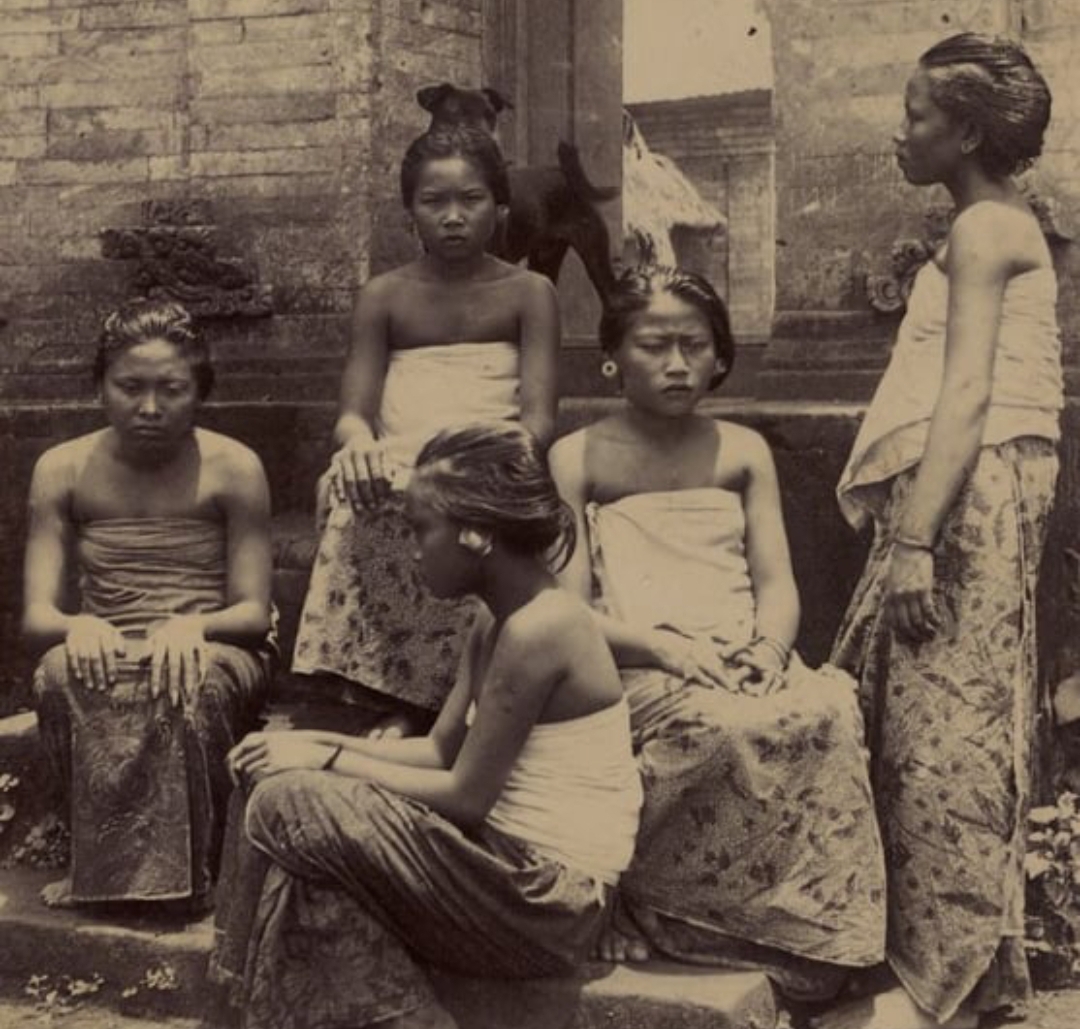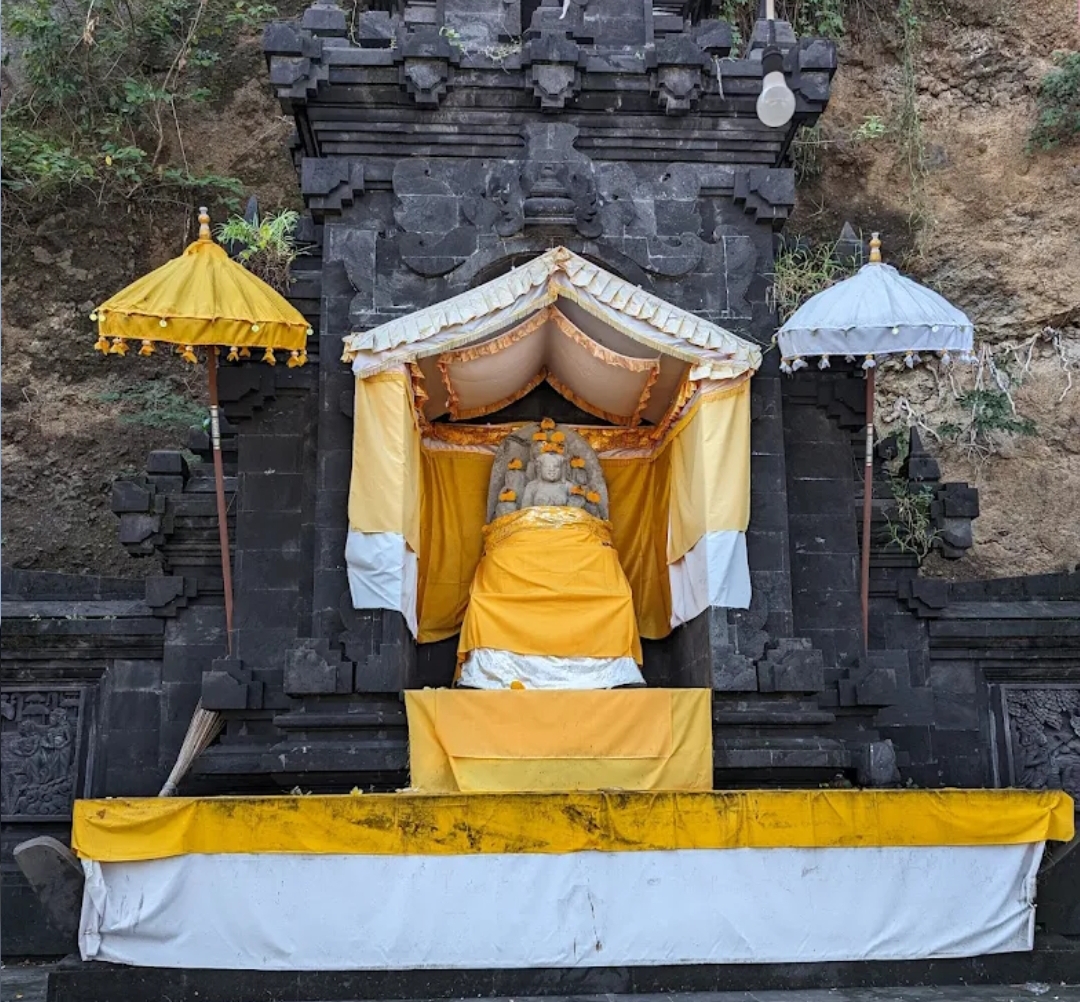Bali, with its rich cultural uniqueness, has a distinctive naming system that has been passed down for generations. Unlike other regions in Indonesia that typically use family names or surnames, the Balinese name their children based on birth order.
Names such as Wayan, Made, Nyoman, and Ketut are not just identifiers; they also reflect the philosophy and social structure of Balinese society. However, as times change and social policies evolve, this naming tradition has undergone shifts. The last two names, Nyoman and Ketut, are becoming increasingly rare and are even at risk of disappearing.
In Balinese culture, children’s names follow a distinctive birth-order pattern. First, Wayan, the name for the firstborn, comes from wayahan, meaning “the most mature” or “eldest.” Other common alternatives include Putu or Gede. Second, Made, given to the second child, originates from madya, meaning “middle.”
Alternative names include Kadek or Nengah. Third, Nyoman, for the third child, is derived from uman, meaning “remainder” or “final.” It is sometimes replaced with Komang. Lastly, Ketut, the name for the fourth child, is traditionally considered an “addition” or “bonus.”
However, over time, the use of Nyoman and Ketut has declined significantly in Bali. The Governor of Bali, Wayan Koster, revealed that only 19% of children are named Nyoman, while just 6% bear the name Ketut.
This decline is largely attributed to Indonesia’s Family Planning (KB) program, which encourages families to have only two children, making third and fourth child names less commonly used.
To preserve this tradition, the Bali Provincial Government is planning to offer incentives for families who name their children Nyoman or Ketut. These incentives will include benefits in education and healthcare, although specific details are still under discussion. This initiative aims to sustain the cultural heritage of Balinese naming traditions amidst social and demographic changes.
While times continue to change, Balinese culture remains unique and deeply cherished. Will the names Nyoman and Ketut eventually disappear, or will they regain popularity in the future? The answer depends on how the Balinese people balance tradition with modernity. (BT)





